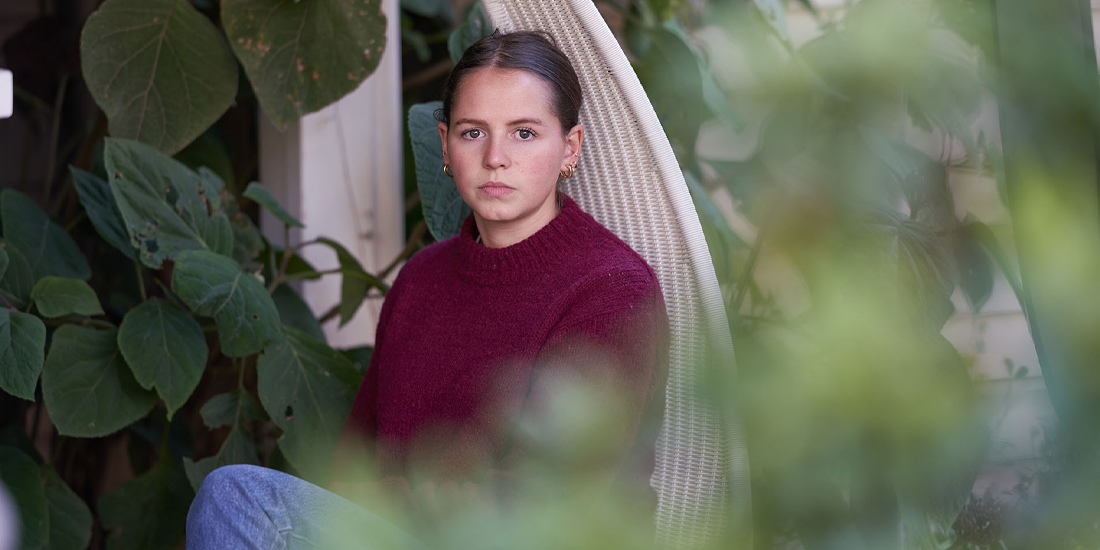
Four Orygen research teams are among a select number of teams worldwide commissioned by the UK-based Wellcome Trust to explore which interventions work best for young people with anxiety and depression.
Each Orygen research team will review the available evidence relating to their area of expertise, to analyse what is most effective in treating young people with anxiety and depression.
Associate Professor Rosemary Purcell, Dr Alex Parker and Alan Bailey will investigate the effects of increasing physical activity and exercise in young people with anxiety and depression; Professor Mario Alvarez-Jimenez, Professor John Gleeson and Dr Imogen Bell will explore treatments for rumination and worry; Associate Professor Lianne Schmaal and Yara Toenders will study immuno-metabolic processes as a potential treatment target for youth depression; and Drs Paul Badcock and Kate Filia will look at the role of social connectedness in treating and managing depressive disorders in young people.
Professor Patrick McGorry, executive director of Orygen, said he welcomed the funding and congratulated Wellcome in commissioning world leading experts to research what are the best treatments options to support young people experiencing mental ill-health.
“Wellcome has shown a true commitment to improving the lives of young people globally, Orygen is honoured to be a part of this ground-breaking work,” Professor McGorry said.
“The aim of the five-year program is to uncover the next generation of treatments and approaches for young people aged 14 – 24 years, living with anxiety and depression,” he said.
“Our researchers are recognised nationally and internationally as leaders in this area, and we will work tirelessly to pinpoint what it is that makes certain treatment options work.”
Professor McGorry said more than 50 per cent of young people worldwide would have experienced at least one period of mental ill-health by the age of 25.
“We must continue to invest in the lives of young people no matter who they are or where they live. Young people deserve to receive the best mental health treatments we can offer them, and we will work with Wellcome to ensure that they do.”
Professor Miranda Wolpert, head of Wellcome’s Mental Health Priority Area said Wellcome was delighted to be working with a wonderful range of researchers worldwide to study which aspects of interventions really made a difference in preventing and treating young people with anxiety and depression.
“We see this commission into reviewing the evidence of which interventions work as the crucial first step in finding the next generation of treatments and approaches for tackling anxiety and depression in young people globally,” she said.